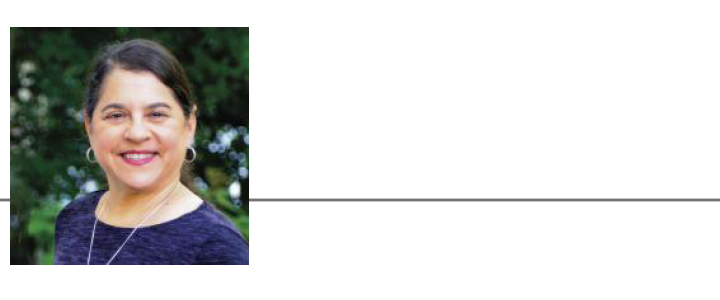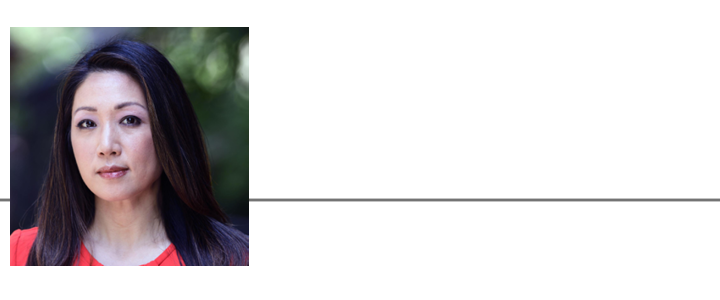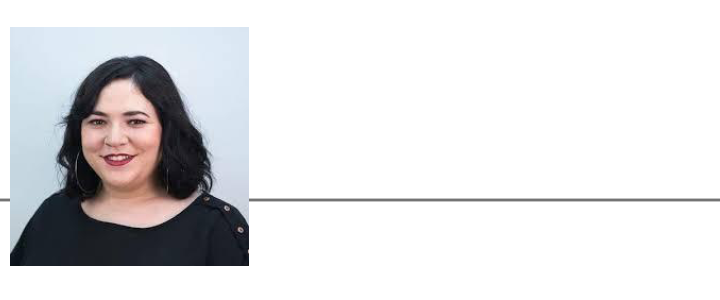
Recovering Truth
Religion, Journalism and Democracy in a Post-Truth Era
About
Publications
Podcast
To Name the Bigger Lie
Knowledge, Feeling, and Belief
Russia and the Religious Right
Truth In Journalism
Postmodernism, Post-Truth, and Democracy
Science, Anti-Science, and Democracy
The Truth Divide Grows Violent
Truth Is On The Ballot
Events
Coming events
Previous events
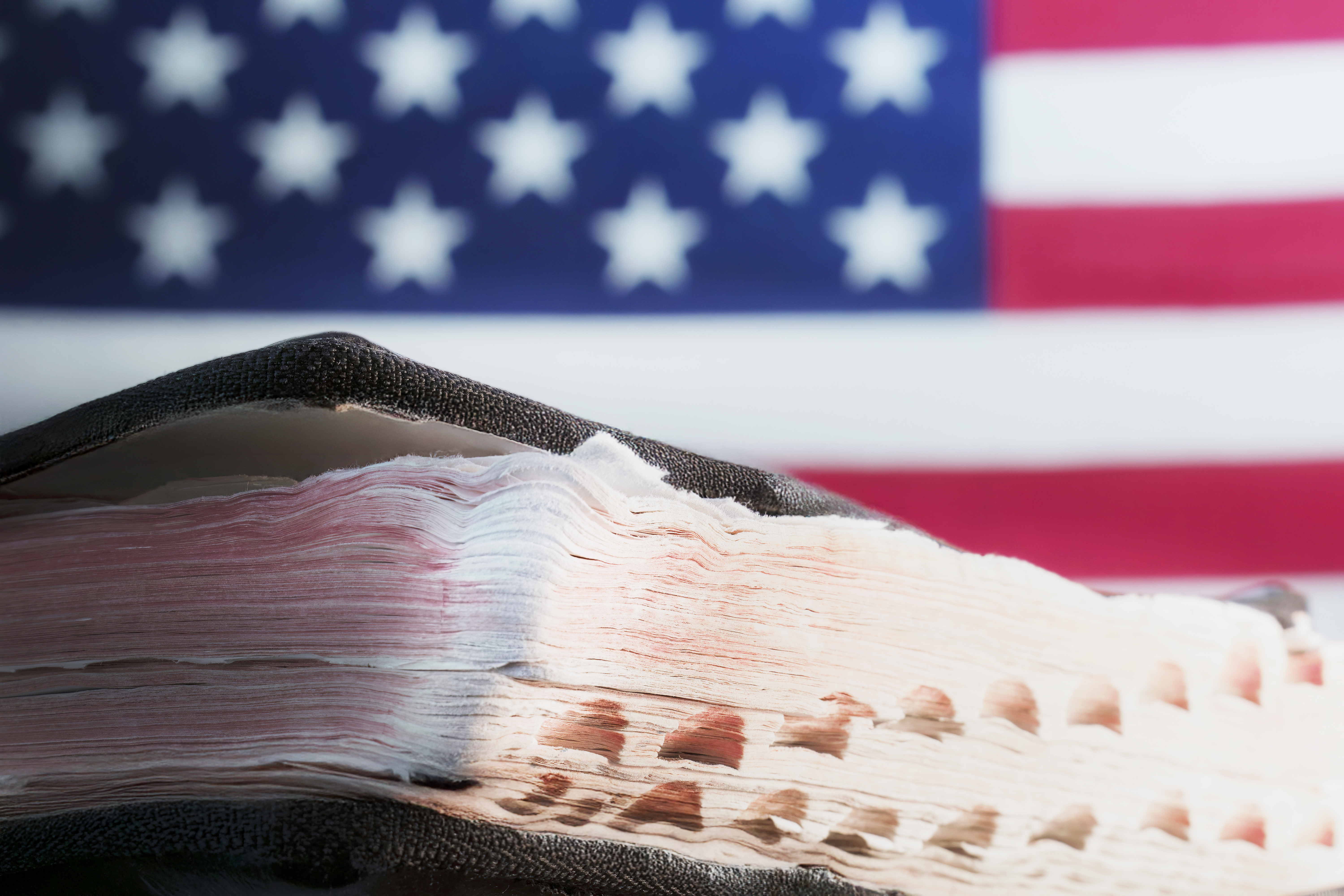
Religion, Democracy and Truth
David French
Author and Opinion writer at The New York Times
Wednesday, April 9, 2025
What is the relationship between truth and democracy? How do we reconcile competing accounts of reality in our current political moment? Is the rule of law sufficient to meet the challenge of widespread lies and conspiracy theories? In what ways does religion—religious belief, belonging, institutions and identity—strengthen and/or undermine democracy? At this capstone public event of the Recovering Truth project, we engaged David French on these and other issues shaping post-truth politics in the United States.
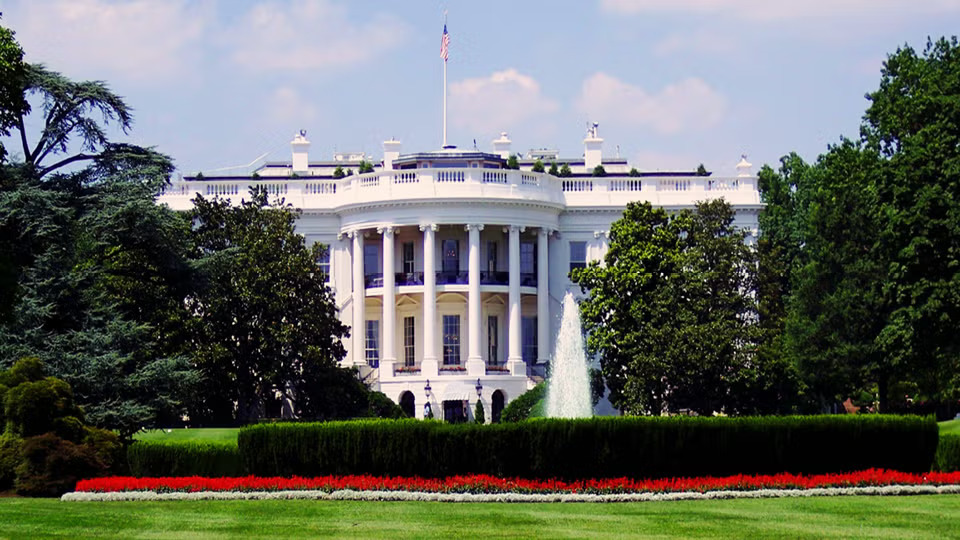
What Lies Ahead? A Community Conversation on the New Administration
Panel
Thursday, Jan. 23, 2025
The second Trump administration has pledged to make ambitious changes across many areas of U.S. policy and political life. This conversation among ASU faculty experts discussed the incoming administration’s approach to—and potential impact on—topics such as immigration, foreign policy, democracy, American exceptionalism, as well as issues involving race, gender, and national identity. What can we expect? What concerns and challenges await us? How can citizens stay engaged in the work of self-government?
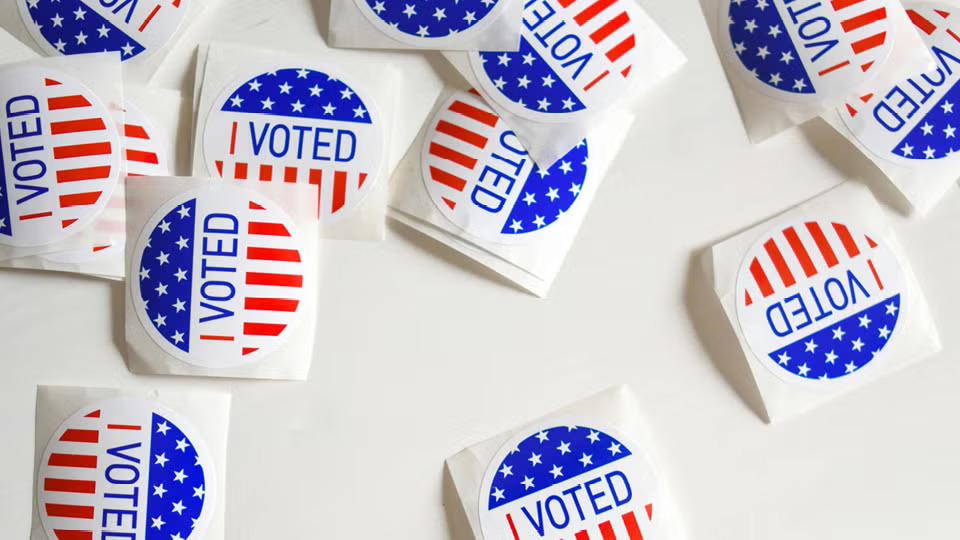
What's Next for American Democracy: Views from Arizona
Panel
Wednesday, Nov. 13, 2024
The stakes of the 2024 election are momentous. Candidates tell us how we vote either will lead us into the future—or take us backward into the past—and that the outcome will either “save democracy” or “save America” from certain peril if their opponent wins. Meanwhile, many citizens worry whether our democratic institutions will yield clear electoral results or ensure a peaceful transfer of power. Within this context, Arizona is the epicenter for the different fissures, factions, and issues shaping the nation’s political landscape: from immigration and border security to abortion rights to reforming primary elections.

Can War Be Just? Religious and Ethical Responses to the Wars in Gaza and Ukraine
Panel
Thursday, Oct. 10, 2024
What do religious and ethical traditions say about the morality of war, and how do they hold up in the face of modern conflicts? How does the media environment influence our understanding of justice in war? Discussion on the morality of war as we explore the devastating conflicts in Ukraine and Gaza. Our panel of experts delved into ways religious and ethical traditions guide our understanding of war in today’s world. We also examined how the media shapes public perceptions of justice.
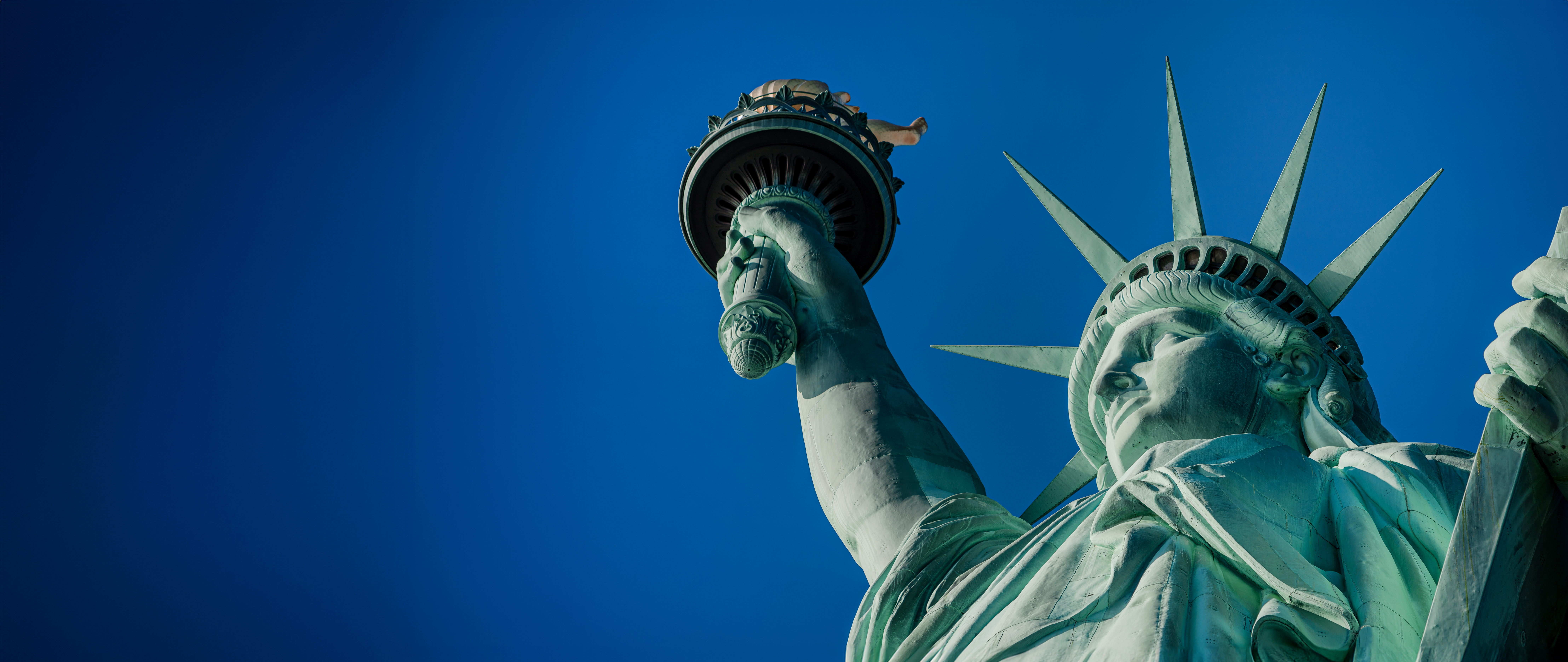
How America’s Origin Stories Are Shaping the 2024 Election
Robert P. Jones
Professor of History and Italian Studies
New York University
Thursday, Sep. 26, 2024
Is the U.S. a pluralistic democracy, or is it a divinely ordained promised land for European Christians? These competing visions of the nation have divided Americans throughout our history. Drawing on his New York Times bestseller, "The Hidden Roots of White Supremacy and the Path to a Shared American Future," Jones discussed how competing American origin stories continue to demarcate the fault lines dividing the country as we head toward the 2024 presidential election.

Strongmen and the Assault on Democracy and Truth: Is It Time to Use the F-Word?
Ruth Ben-Ghiat
Professor of History and Italian Studies
New York University
Thursday, May 2, 2024
The global rise of authoritarianism and anti-democratic efforts in the United States have prompted many to use the f-word — “fascism” — to characterize our current moment. In what ways does the political ideology of fascism capture or misrepresent what’s happening in political life today? In particular, how do strongmen and authoritarian movements rely upon lies, violence and a false construction of reality to further their goals?

“Not Who We Are”: The January 6 Insurrection and the Post-Truth Politics of Denial
Kathleen Belew
Historian and author
Tuesday, March 26, 2024
Many Americans who witnessed the events of January 6, 2021 voiced a reaction that quickly took hold across a political spectrum: “This is not who we are.” But such a view ignores the long history of racist vigilante violence that has shaped America since its founding. Historian Kathleen Belew examines January 6 in the context of the organized white power movement that began percolating into mainstream American politics well before the 2016 election of Donald J. Trump. Knowing and understanding our history, Belew contends, is the only path to a more democratic future.
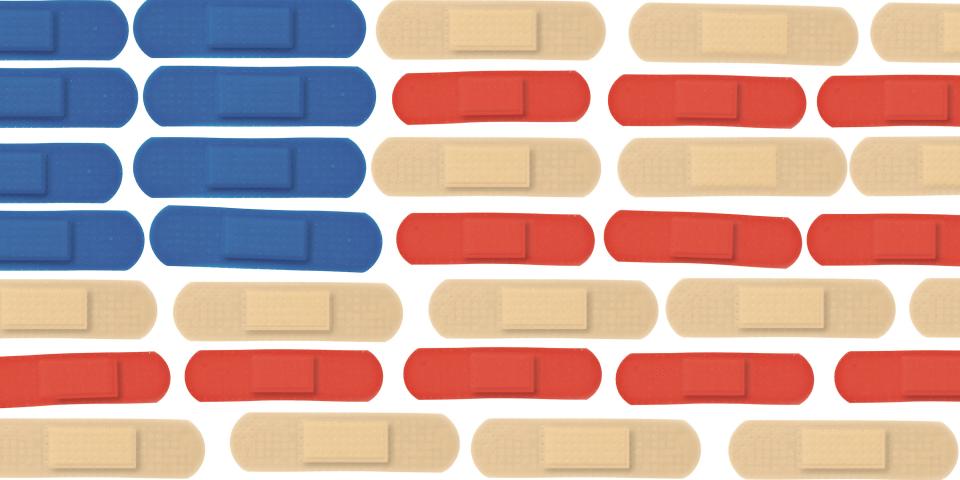
Are We One Country or Two? A Conversation about Reconciliation with David Blight
Wednesday, Feb. 3, 2021
For years, commentators have talked about the culture wars, but increasingly, scholars and others are beginning to refer to a “truth divide,” suggesting that beliefs held by Americans are now so different that we are essentially living in two separate realities. Reflecting on the attacks on the Capitol, the presidential inauguration, and other recent events, David Blight (Yale University), one of the country’s leading Civil War historians, will discuss what it means to live in and think about prospects for unity in a divided nation.
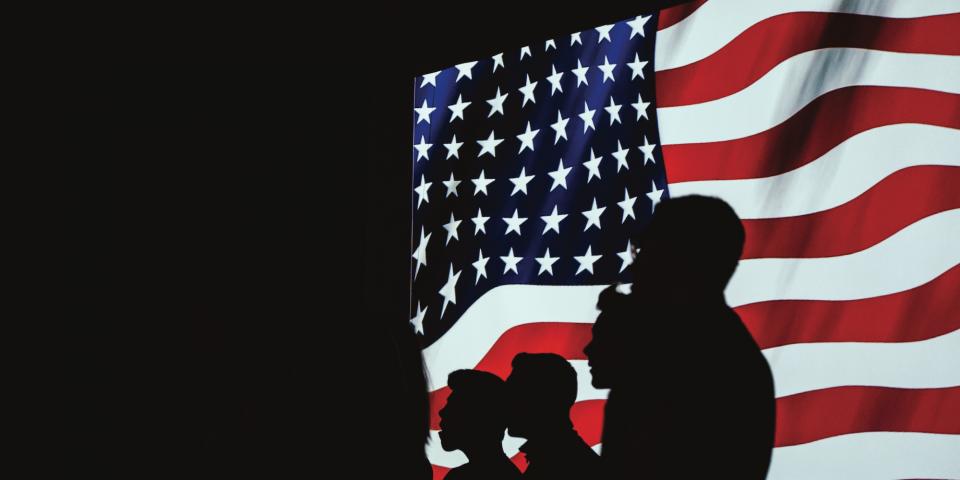
0:00 / 1:18:55 Righteous Reckoning: Religion & the 2020 Election
Wednesday, Nov. 18, 2020
A conversation with Anthea Butler and Sarah Posner. The November 2020 election has played out against a tumultuous backdrop: over 200,000 deaths from a pandemic we have failed to contain; massive social unrest over police violence and systemic racism; and apocalyptic scenes of environmental destruction resulting from climate change. In this season of “righteous discontent,” to invoke the great historian Evelyn Brooks Higginbotham, we ask how American's views and experiences of religion informed the 2020 election and what influence they might have as we unpack its aftermath.
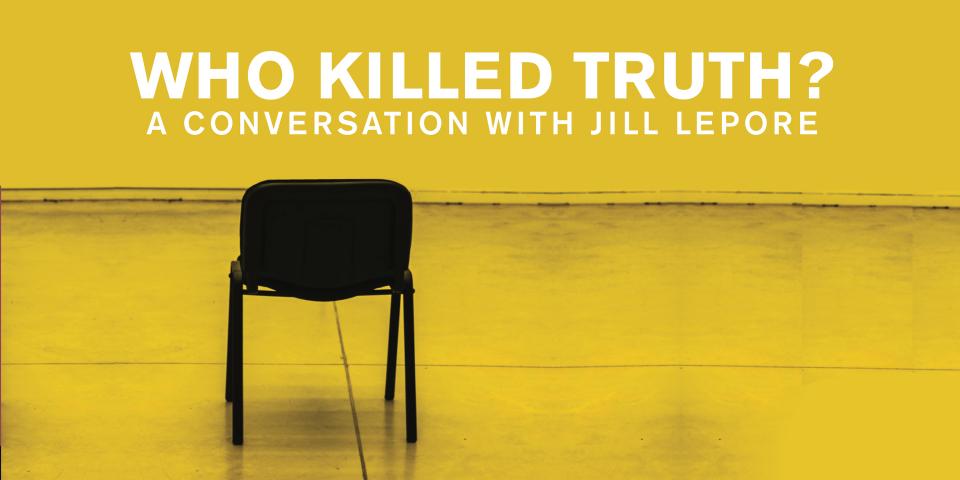
Who Killed Truth? A conversation with Jill Lepore
Wednesday, Oct. 28, 2020
Today, we witness a striking indifference to and obfuscation of truth. In parts of government, the media, and other key sectors of culture, the imperative to seek and tell truth is often ignored, even viewed with contempt. But was this always the case? How did we come to find ourselves in this "post-truth" moment?
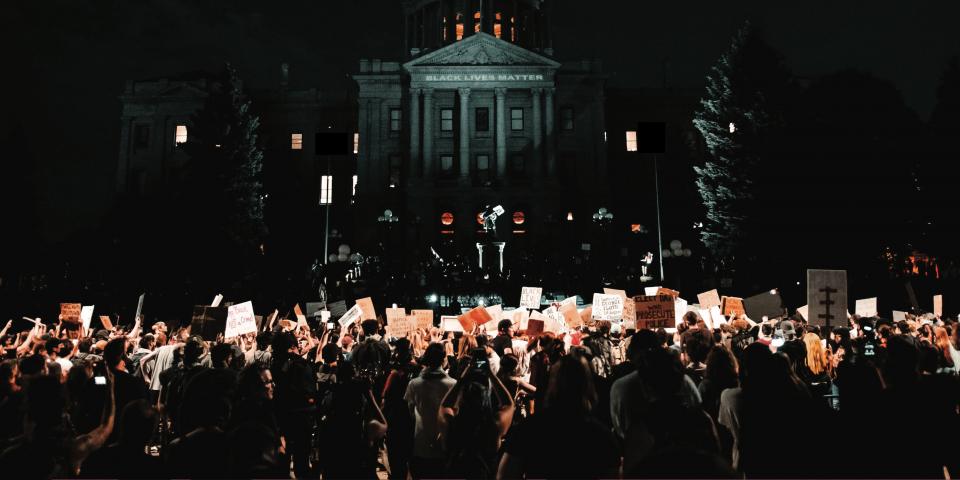
Telling the Truth in Black and White: Religion and Racial Injustice in the U.S.
Wednesday, Sep. 30, 2020
The United States is reckoning with its racist past and present. Police violence against Black Americans has generated massive protests to end racial injustice and systematic inequality. The recent removal of Confederate statues and symbols, including in Arizona, reminds us of the nation’s longtime devotion to a cause rooted in white supremacy and enforced through slavery, segregation, lynching, and other violence. To this day, Black Americans continue to experience ongoing injustices of redlining, housing discrimination, racial profiling, and unequal access to employment, education, and health care.
Suggested reading

What we're reading

The Recovering Truth project is undertaken in partnership with the Walter Cronkite School of Journalism and Mass Communication and is supported by a generous grant from the Henry Luce Foundation’s Program in Theology.

